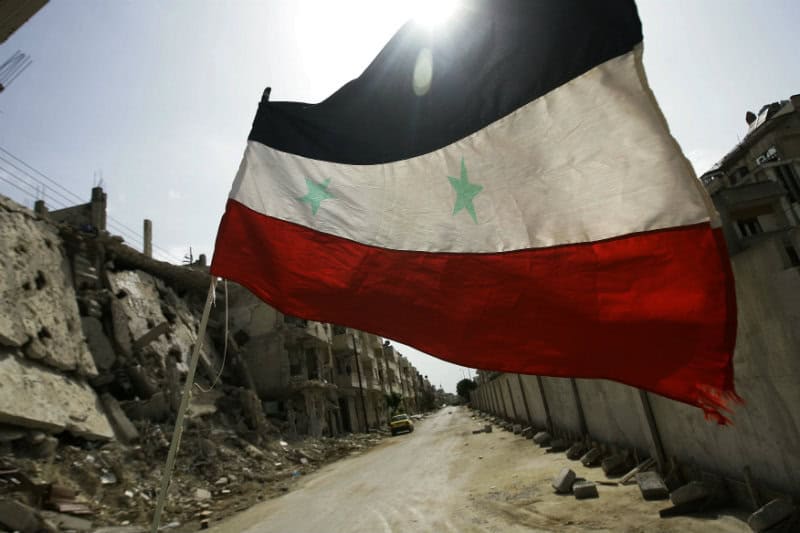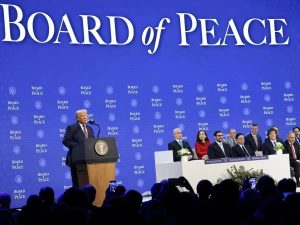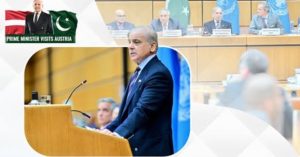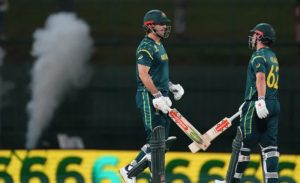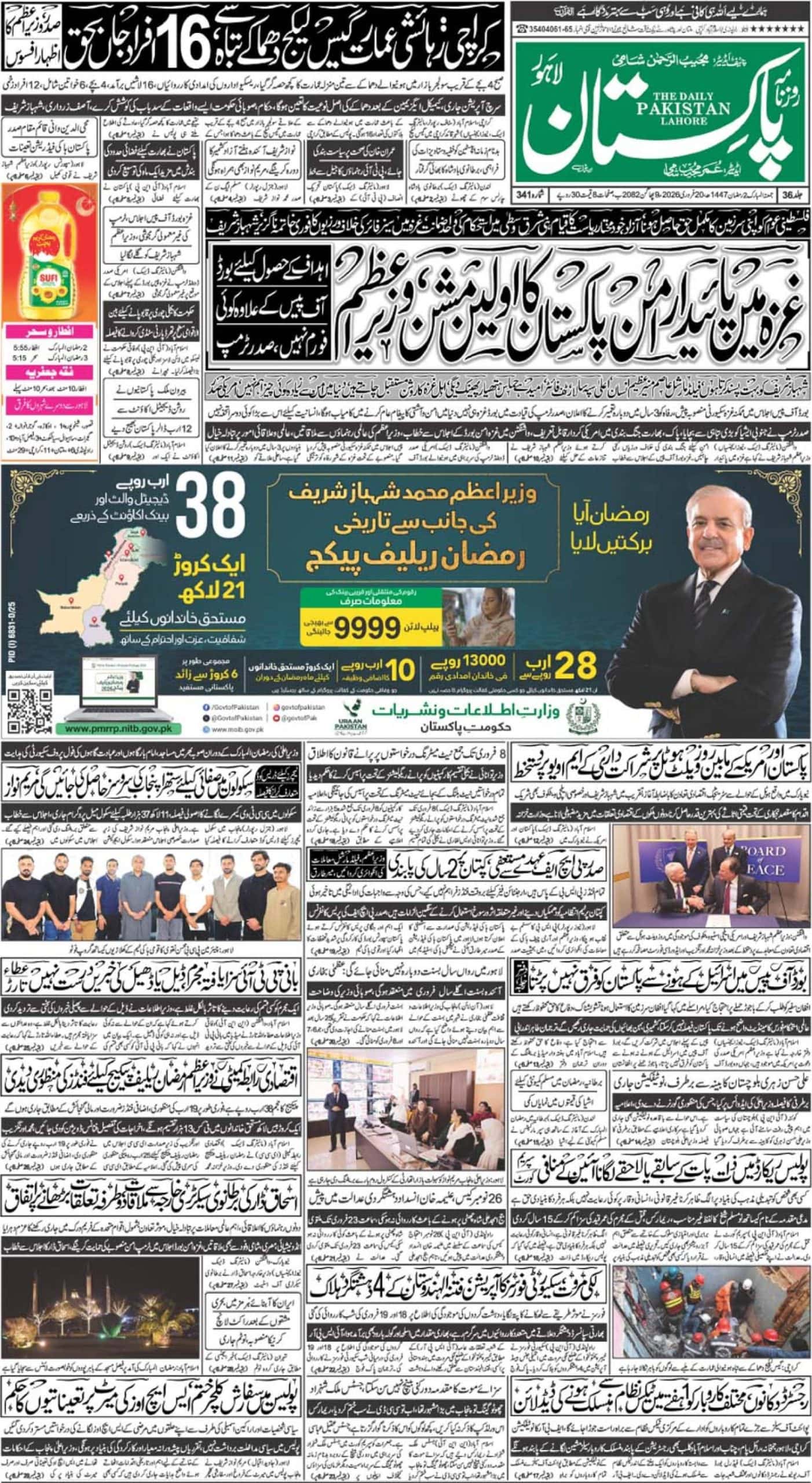GENEVA – The United States and Russia hailed a breakthrough deal on Saturday to put Syria’s peace process back on track, including a nationwide ceasefire effective from sundown on Monday, improved humanitarian aid access and joint military targeting of banned Islamist groups.
“Today, Sergei Lavrov and I, on behalf of our presidents and our countries, call on every Syrian stakeholder to support the plan that the United States and Russia have reached, to … bring this catastrophic conflict to the quickest possible end through a political process,” U.S. Secretary of State John Kerry told a news conference after marathon talks in the Swiss city.

Russian Foreign Minister Sergei Lavrov said that despite continuing mistrust, the two sides had developed five documents that would enable coordination of the fight against armed groups and a revival of Syria’s failed truce in an enhanced form.
The plan will begin with a “cessation of hostilities” from sunset on Monday. Syrian forces will end combat missions in specified opposition-held areas, the Aljazeera reported.
Russia and the US will then establish a joint centre to combat jihadist groups, including so-called Islamic State (IS).
“This all creates the necessary conditions for resumption of the political process which has been stalling for a long time,” Lavrov told a news conference.

A Syrian opposition coalition has cautiously welcomed the agreement. “We hope this will be the beginning of the end of the civilians’ ordeal,” said Bassma Kodmani, a spokeswoman for the High Negotiations Committee.
“We welcome the deal if it is going to be enforced.”
Turkey welcomed the plan, and said aid needed to reach those in need “from the first day”.
EU foreign policy chief Federica Mogherini urged the UN to “prepare a proposal for political transition” in Syria.
British Foreign Secretary Boris Johnson urged Russia to “use all its influence” to ensure the Syrian government “delivers on its obligations”.
Access to Aid
The accord also provides for humanitarian access. “The cessation of hostilities requires access to all besieged and hard-to-reach areas, including Aleppo,” Mr Kerry said.
Under the agreement, Russian-backed government forces and opposition groups, supported by the United States and Gulf States, would halt fighting for a while as a confidence building measure. During this time, opposition fighters will have the chance to separate from militant groups in areas, such as Aleppo, where they have become intermingled.
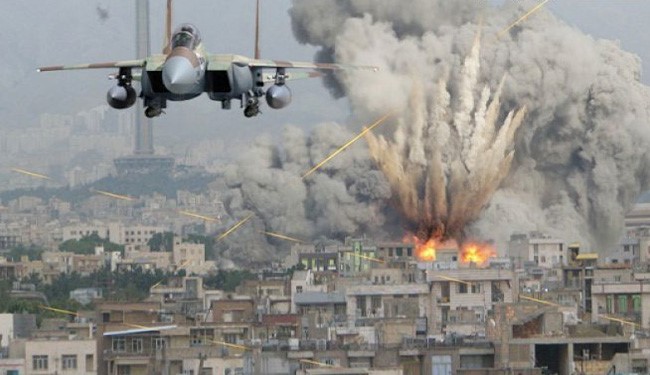
If the truce holds from Monday, Russia and the United States will begin seven days of preparatory work to set up a “joint implementation center”, where they will share information to delineate territory controlled by Nusra and opposition groups.
Mr Lavrov said the joint implementation centre would allow Russian and US forces to “separate the terrorists from the moderate opposition”.
He said the Russian and US air forces would carry out co-ordinated strikes against the two groups, and that in some areas, that excluded action by the Syrian air force.
“We have agreed on the areas where such co-ordinated strikes would be taking place, and in those areas, on neutral agreement shared by the Syrian government as well, only the Russian and US air force will be functional,” he said.
But Mr Lavrov added that “the Syrian air force will be functional in other areas, outside those that we have singled out for Russian-American military co-operation”.
Much depends on America’s ability to get opposition groups to distance themselves from their more extremist allies, and on Russia’s ability to restrain Syrian President Bashar al-Assad’s forces.
Russian Foreign Minister Sergei Lavrov said Damascus had said it would fulfil its obligations. But this is a complex plan and depends on all sides doing what has been agreed.
A deal in Geneva does not always become a reality on the ground.

‘Way to political transition’
Mr Lavrov and Mr Kerry stressed that the plan could pave the way for a political transition.
“The plan is more prescriptive and far-reaching than any proposal to date and, if implemented by all sides, could allow political negotiations to take place on Syria’s future,” Mr Kerry said.
The United Nations envoy to Syria, Staffan de Mistura, welcomed the agreement and said the UN would exert all efforts to deliver humanitarian aid.
The much anticipated – if tentative – breakthrough came at the end of marathon talks between Lavrov and Kerry in Geneva, as the pair push for an end of the five-year civil war.
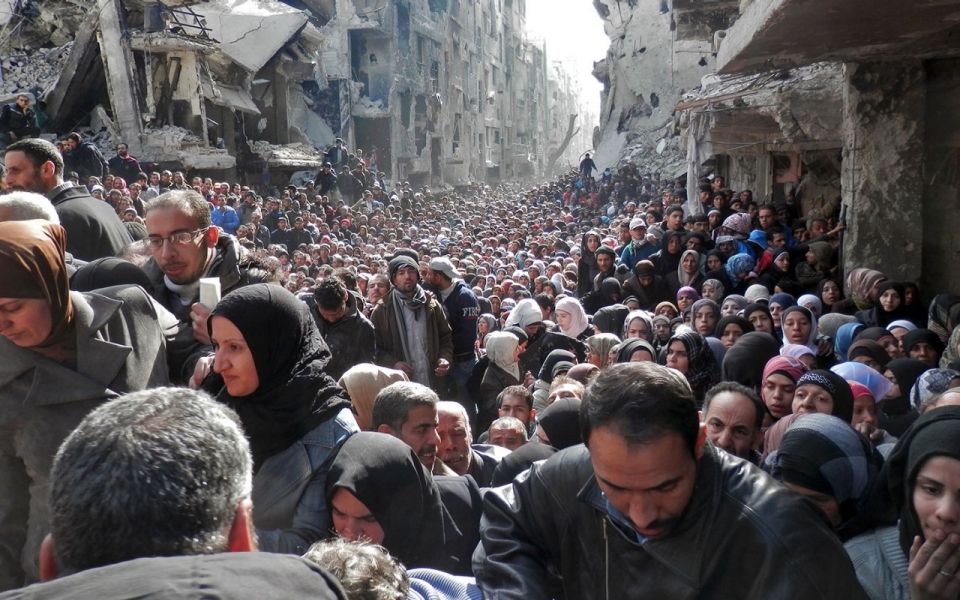
The United States and Russia have backed opposite sides in Syria’s civil war, with few signs of an end in sight to more than five years of conflict, which killed more than 400,000 people. Millions of others have been displaced.

